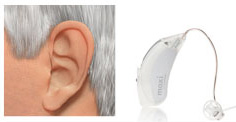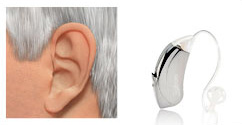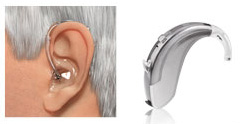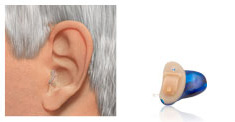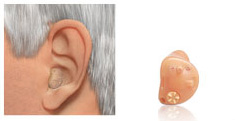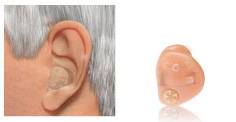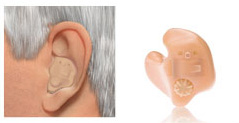Hearing Aid Maintenance
Hearing Aid Care and Maintenance in Mesa and Scottsdale, AZ
When you made the choice to purchase a hearing aid, you made an investment in yourself and your ability to interact with the world around you. With proper care and maintenance, your hearing aid should provide you with many years of hearing well. Below are a few tips that will help you get the most out of your investment. You will want to keep it functioning properly for as long as possible.
Hear Now and Pay Later
Hearing Aid Maintenance How-Tos
How to Buy Hearing Aid Batteries
How to change batteries in BTE Hearing Aid
How to change batteries in RIC Hearing Aid
How to change batteries in ITE Hearing Aid
How to change the wax trap in RIC Hearing Aid
How to change the wax trap in IIC Hearing Aid
Maintaining Your Hearing Aids
Keep Them Clean
Be sure that your hearing aids are only handled with clean hands. Keep them away from hair spray and cosmetics as well. Your hearing aids are comprised of tiny parts that can easily become clogged with dirt or other particles, causing them to malfunction.
Keep Them Dry
Hearing aids are electronic devices, so remember to remove them before bathing or swimming. It’s important to protect them from moisture in other areas as well. For example, humidity in the air in your bathroom can damage your hearing aids’ sensitive internal parts.
Keep Them Out Of Reach
While you want to have your hearing aids handy so you don’t lose them or forget to wear them, keeping them out of the reach of small children and animals will prevent them from getting eaten, mishandled, or treated as toys.
Keep Them Safe
When not in use, remove the batteries and carry your hearing aids in their designated case. This will protect them from damage, help prevent loss, and keep them clean.
Don't Be Mr./Mrs. Fix It
Your hearing aids are delicate devices that require special maintenance. Although you may be tempted to troubleshoot and repair them yourself, it’s important to leave that up to a professional who is specifically trained in hearing aid repair and maintenance.
Periodic Inspection
You can maintain your hearing aids on a daily basis by cleaning them with a soft, dry cloth. For a more thorough cleaning, however, it’s helpful to periodically bring them to your hearing care professional, who can also inspect them to insure everything is working properly.
Follow Up With Your Audiologist
With some tender loving care and expert advice, your hearing aids should last for many years. Follow the tips above to keep them performing at their best, and be sure to also schedule regular visits with our Mesa or Scottsdale audiologists for hearing testing and monitoring. Together, we can help you hear better longer!
Did You Know?
Hearing Aid Styles
Hearing aids differ in size and the degree to which they amplify sound. There are many styles of hearing aids. It is important to consult with one of our Mesa or Scottsdale audiologists to ensure that your selection matches both your lifestyle and your degree of hearing loss. Not all hearing aids are appropriate for every level of loss.
Canal Receiver Technology (CRT)
This style includes an ultra-small, lightweight, behind-the-ear (BTE) piece and a nearly invisible wire delivering sound to the ear.
Open Behind-the-Ear (BTE)
This style includes a behind-the-ear (BTE) piece attached to a slim, clear tube that delivers sound to the ear.
Behind-the-Ear (BTE)
This style includes a behind-the-ear (BTE) piece using a tube to attach it to a customized ear mold that fits securely into the ear. Earmolds can vary in size, material and color depending on hearing loss and patient preference. Because they are larger, BTEs can accommodate bigger batteries for longer life and larger amplifiers for maximum amplification for people with a more severe hearing loss.
Completely-in-the-Canal (CIC)
This style is the smallest custom hearing aid available, the CIC fits deeply inside the ear canal making it almost invisible and very discreet.
In-the-Canal (ITC)
This style is custom-made to fit almost entirely inside the ear canal, making them difficult to notice.
Half Shell (ITE)
This style is custom-made to fit securely in your outer ear, ensuring optimum performance and maximum comfort.
Full Shell (ITE)
This style is custom-made to fit securely and comfortably in the outer ear making it more suitable for people with dexterity challenges. Larger in size than the half shell and accommodates larger batteries required for longer life.

